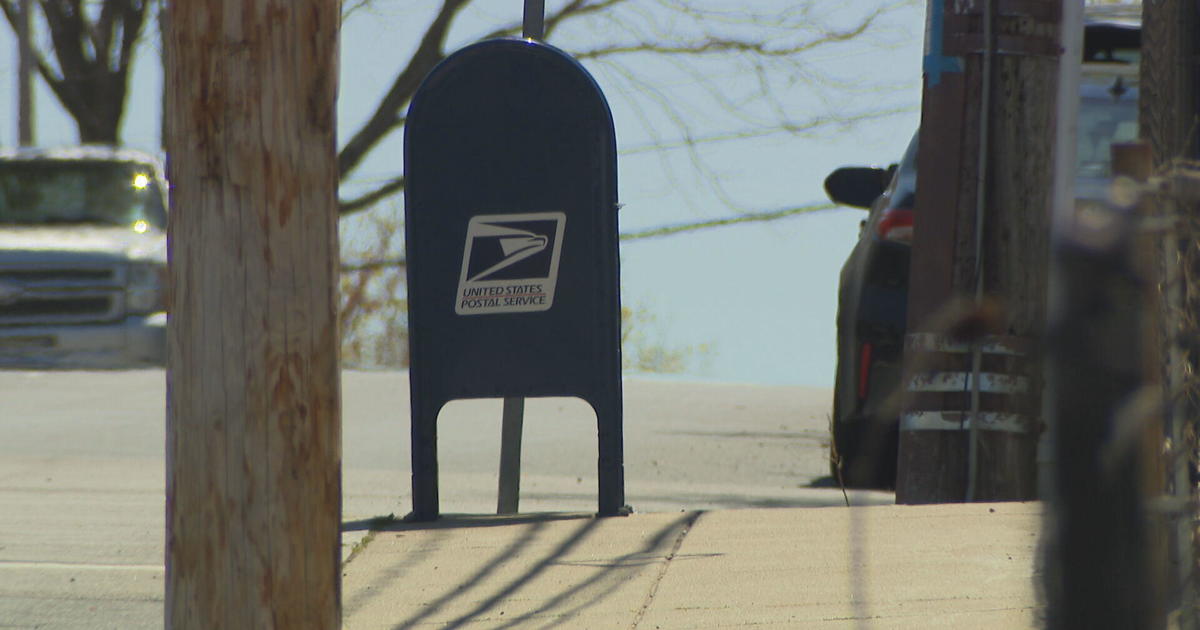$5 A Dozen? Egg Prices In Massachusetts Could 'Skyrocket' If Beacon Hill Can't Update Animal Welfare Law
BOSTON, November 30, 2021 (State House News Service) – Lawmakers have just a month left to overcome a disagreement about how to update an animal welfare law before it kicks into effect, and if they fail to meet that deadline, they could unleash a nearly eggless period that one industry leader forecast would be "temporary chaos."
The House and Senate have each already voted in favor of changes to a voter-approved law setting new standards for egg-laying hens, but a six-member conference committee has not reached agreement on a handful of details in the bill, delaying the proposal's passage.
The effects of inaction could be enormous, even if they are temporary.
Bill Bell, general manager of the New England Brown Egg Council, estimated that "over 90 percent" of the eggs currently available in Massachusetts will no longer be legal for sale starting Jan. 1 if the voter-approved initiative petition takes effect without changes.
With both industry interests and animal rights groups aligned in support, Bell said he thought "this would be done a month ago."
"Our folks and the stores have gone ahead on the assumption that it will be resolved before Jan. 1 and signed by the governor. If not, then we're back to a chaotic situation where stores would have to be taking (eggs) off their shelves," Bell told the News Service. "We're worried about temporary chaos."
In 2016, Massachusetts voters overwhelmingly approved a ballot question imposing new standards on the treatment of animals used to produce eggs, pork and veal. That law, which requires each hen enclosure to have at least 1.5 square feet of floor space per bird, will take effect on Jan. 1, 2022.
Sales of eggs produced by hens in smaller enclosures -- regardless of whether they are in Massachusetts or another state -- will be prohibited here when the new regulations start.
In the time between the ballot vote and its effective date, however, the industry has shifted. Massachusetts is now approaching a regulatory cliff, beyond which its standards would suddenly be stricter than most other states and few suppliers would be in compliance.
Manufacturers and animal rights advocates have coalesced in recent years around aviary systems that stack birds vertically, allowing for more humane hen treatment with less floor space.
Accordingly, Bell said, national organizations that certify cage-free eggs are using one square foot per hen -- not the 1.5 square feet per hen the Massachusetts law would impose -- as the standard, and most suppliers work with the lower target in mind.
"There are no certification programs for 1.5 square feet per hen. That would become the issue," Bell said. "Eggs are going in now that are totally accepted in every state, and suddenly, by result of the conference committee not coming to agreement, they would be not in compliance in Massachusetts."
In June, the Senate approved a bill altering the ballot law to allow one square foot of space per bird in aviaries that allow sufficient vertical movement. The legislation (S 2481) drew no opposition and sailed through on an unrecorded voice vote.
The House voted 156-1 in October on its version of the bill (H 4194), which targets similar cage-free standard changes but also moves enforcement from the attorney general to the Department of Agricultural Resources and delays by one year the Jan. 1, 2022 start date for a ban on the sale of pork derived from cruelly enclosed pigs.
Each branch dug in behind its bill, and legislative leaders named a six-member conference committee on Oct. 13 to hash out the differences.
House Speaker Ronald Mariano said Tuesday that his chamber's appointees are still waiting for a response to their most recent proposal for final legislation.
"They're still talking," Mariano told the News Service after an event in Quincy. "We sent over a proposal just before we left that we thought would be a compromise and we're waiting to hear."
The committee's Senate chair, Sen. Jason Lewis, said in a statement that lawmakers are "in active discussions to reach agreement on the egg-laying hen legislation as soon as possible."
"We fully recognize the time-sensitive nature of this issue, and the importance of avoiding any disruption in the Massachusetts egg supply," Lewis, a Winchester Democrat, said in a statement.
Another one of the Senate negotiators, Sen. Becca Rausch of Needham, declined to comment on specifics about the ongoing negotiations but voiced concern that failing to find resolution could cause the price of eggs to "skyrocket."
"I don't want Massachusetts families to have to pay upwards of $5 per dozen of eggs come Jan. 1," Rausch, a Democrat who chairs the Environment, Natural Resources and Agriculture Committee, said in an interview. "That will be unaffordable to droves of Bay Staters."
Rausch and Lewis are negotiating alongside Senate Minority Leader Bruce Tarr, Democrat Reps. Carolyn Dykema and Daniel Cahill, and Republican Rep. Normal Orrall.
If they reach an agreement, they will need to ensure it can secure unanimous support in both chambers. The Legislature is meeting only in informal sessions, where a single member's objection can stall a bill's passage, until Jan. 5.
The issue has also brought together onetime opponents. Egg industry leaders and animal welfare organizations faced off during the 2016 ballot question campaign, but the Massachusetts Society for the Prevention of Cruelty to Animals, the Animal Rescue League of Boston and the Animal Legal Defense Fund have worked alongside Bell in support of the pending legislation.
"The coalition of animal protection organizations supporting the upgrade to hen welfare law, passed as Question 3, continue to advocate for the vital increased protections for egg-laying hens in these bills that provide them more humane housing, ensure they cannot be confined in a cruel manner, and expand these protections to even more hens," said Animal Rescue League of Boston Advocacy Director Allison Blanck. "We remain hopeful that the conference committee is able to report an agreement as soon as possible so that the legislation can be signed into law."
For Bell's group, which does not deal with pork products, either the House or Senate version of the bill is good enough as long as lawmakers can "get it done very quickly."
"We really have no preference other than we need to be able to stock the shelves with legal eggs," he said.
(© Copyright 2021 State House News Service)



